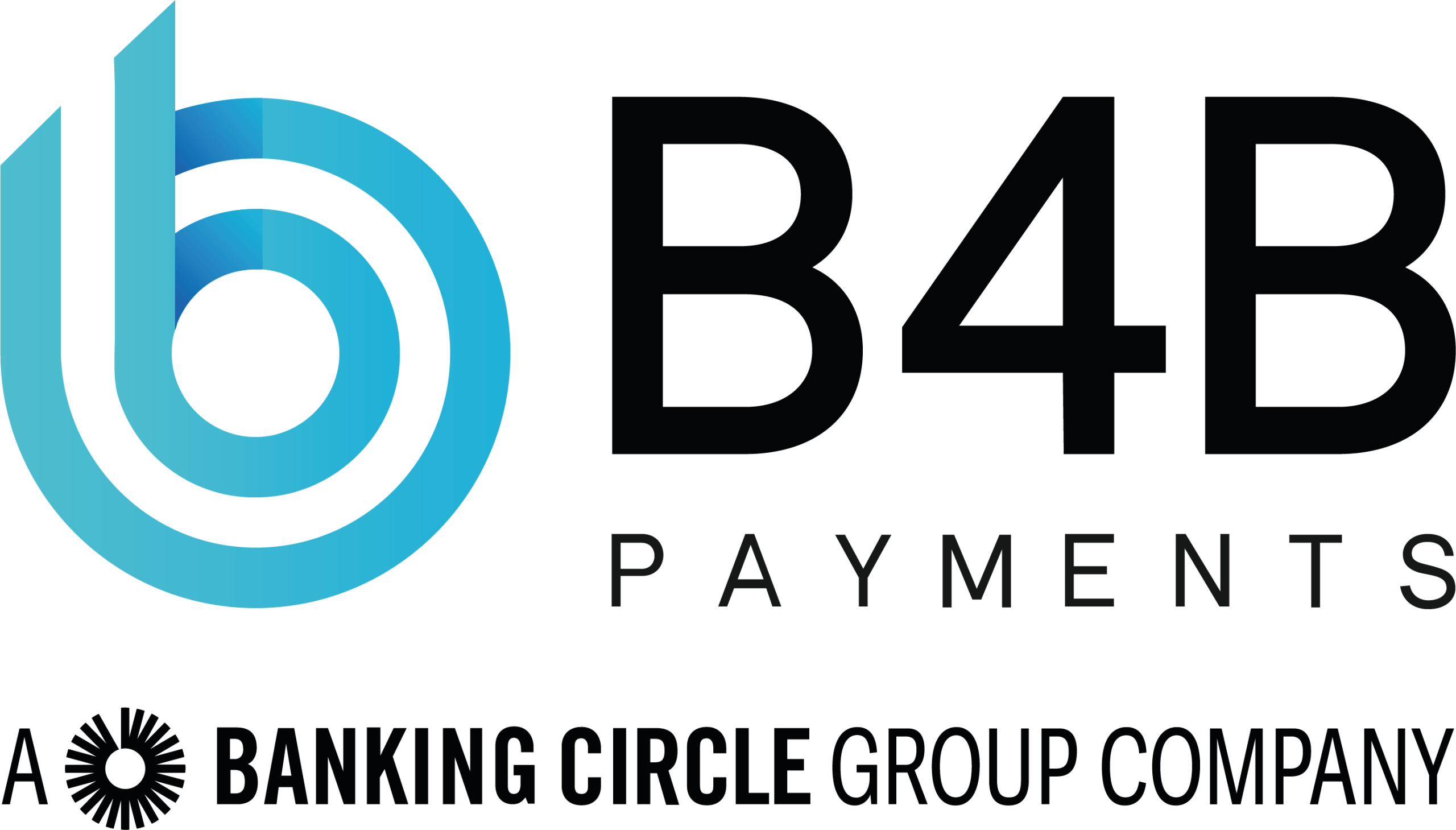Global and innovative solutions for decentralised trials
There are a wealth of digital methods out there to help the development of pharmaceuticals run smoothly and effectively.

The Covid-19 pandemic had a massive impact on clinical trials. As many people globally were unable or unwilling to leave their homes for a large portion of 2020, researchers had to develop new and innovative ways of gathering information for life-saving treatments.
While decentralised trials weren’t precisely new before the pandemic, only 34% of developers used them, and they were mainly for rare diseases, where subjects were complex to source, pediatric trials, and lower-level chronic diseases like asthma and dermatology.
However, the COVID-19 pandemic acted as a catalyst for the rise of decentralised trials, demonstrating their ability to overcome geographical and logistical barriers for patients. Even as the world stabilises, decentralised trials continue to thrive, offering better accessibility, reduced costs, and more reliable patient data. This shift has opened doors to a new era in clinical research, where fintech solutions, such as prepaid card systems, are crucial in keeping patients engaged and compliant.
The virtual clinical trials market is expected to grow at a rate of 5.7% per year until 2030 and with good reason. Decentralised trials have been proven to be effective and desirable for many reasons, a key benefit being the removal of barriers for patients. By bringing the trial to the patient, rather than asking patients to come to you, researchers have found not only a greater number of people willing to participate but that it’s also reduced costs.
There’s a whole range of tech out there to make decentralised trials run smoothly, so what do some of that look like?
Wearable devices
The usage and popularity of wearable devices like Fitbits, Garmins and Apple watches have grown massively over the past decade. In fact, the total number of wearable devices in use globally has more than doubled over the past three years and is expected to exceed one billion this year.
While the devices used recreationally to monitor heart rate, sleeping patterns and activity levels aren’t accurate enough for clinical trials, more sophisticated wearable tech, such as skin patches and smart pills, has huge potential. Sensors that track constant, real-time physiological data with necessary precision provide a great opportunity to gather patient data from a distance, without the need to travel to a trial site.
What’s more, the data captured is taken from a real-life setting, with patients going about day-to-day activities as normal, which means that data can be understood and interpreted in context.
And, with similar, commercial devices already very popular, wearable sensors make for a widely understood and accessible method of engaging trial subjects, removing a potential barrier for volunteers and empowering them to understand their own health.
Fluid communications
A key benefit of decentralised trials is the ability to communicate with patients regularly. Without the need to travel to test sites, communication can be much more flexible, fluid and, importantly, accurate.
The use of apps allows patients to make diary entries, complete questionnaires and speak to healthcare professionals from the comfort of their own home or even on the move. Results of trials can be uploaded and analysed in real-time, without the risk of human error in inputting. On top of that, with a virtual distance between patient and healthcare professional, subjects are more likely to be honest and less likely to omit information that they’d rather not discuss face-to-face.
What’s more, virtual communications allow for scheduled updates and reminders to be sent to patients on their mobile devices, meaning that information can be reliably gathered and submitted on time, with minimal fuss.
As well as this, the use of virtual communications tools allows trials to be accessible to multiple languages, meaning that patients can be recruited from a much more diverse, global pool.
And let’s not forget that apps allow for full audit trails and functions for capturing e-consent, meaning that security and protection of patient data can be top-notch.
Incentivising with Fintech
An important aspect of clinical trials is keeping participants engaged and often volunteers are compensated financially for their contributions.
In the context of decentralised trials, fintech innovation can play an important role in keeping patients on board and compliant throughout the trial but also in future trials. Card-based reward schemes can offer participants immediate return on their contributions – for every diary entry submitted or questionnaire completed, patients can immediately access their financial reward through a branded card.
With the ability to reward immediately and virtually, patients can take part in a trial and get immediate return from anywhere in the world. And, with a branded card already in their wallet, participating in future trials will be at the forefront of patients’ minds.
The Covid-19 pandemic has brought decentralised trials front and centre, proven to increase the number and engagement of volunteers. There are a wealth of digital methods out there to help the development of pharmaceuticals run smoothly and effectively – from wearable tech to communication and fintech, global decentralised trials have a range of opportunities available for better data collection and valuable clinical trial results.
To find out how we can help with your decentralisation of clinical trials, talk to B4B Payments today.



